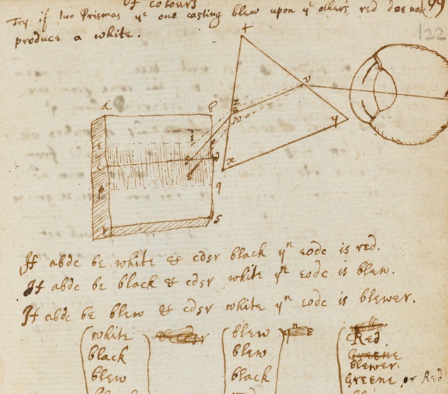Michael A. Peters
Michael A. Peters (FRSNZ, FHSNZ, FPESA) is a globally recognised scholar whose interdisciplinary work spans philosophy of education, political economy and ecological civilisation. He holds the distinction of Emeritus Professor at the University of Illinois Urbana-Champaign (U.S.A.), Distinguished Visiting Professor at Tsinghua University (P.R. China), and Research Associate in the Philosophy Program at Waikato University (New Zealand).
Previously, he served as Distinguished Professor of Education at Beijing Normal University (2018–2024) and held prestigious appointments including Personal Chair at the University of Auckland (2000), Research Chair at the University of Glasgow (2000–2006), Excellence Hire Professor at the University of Illinois (2005–2011), and Professor of Education at the University of Waikato (2011–2018).
A prolific author, Professor Peters has written over 120 books and 500 articles, shaping discourse in educational theory, philosophy, and critical policy studies. He served as Editor-in-Chief of Educational Philosophy and Theory for 25 years and founded multiple international journals, cementing his role as a leader in academic publishing.
His contributions have been honoured with fellowships in the Royal Society of New Zealand (FRSNZ, 2008) and the Humanities Society of New Zealand (FHSNZ, 2006), alongside honorary doctorates from State University of New York (SUNY, 2012) and the University of Aalborg (2015).
His latest research explores post-apocalyptic philosophy and ecological futures, including the forthcoming Civilisational Collapse and the Philosophy of Post-Apocalyptic Survival (Peter Lang, 2025). He is currently editing the Handbook of Ecological Civilization (Springer, 2025), advancing critical dialogues on sustainability and global transformation.
For more on his work, visit: https://michaeladrianpeters.com/





